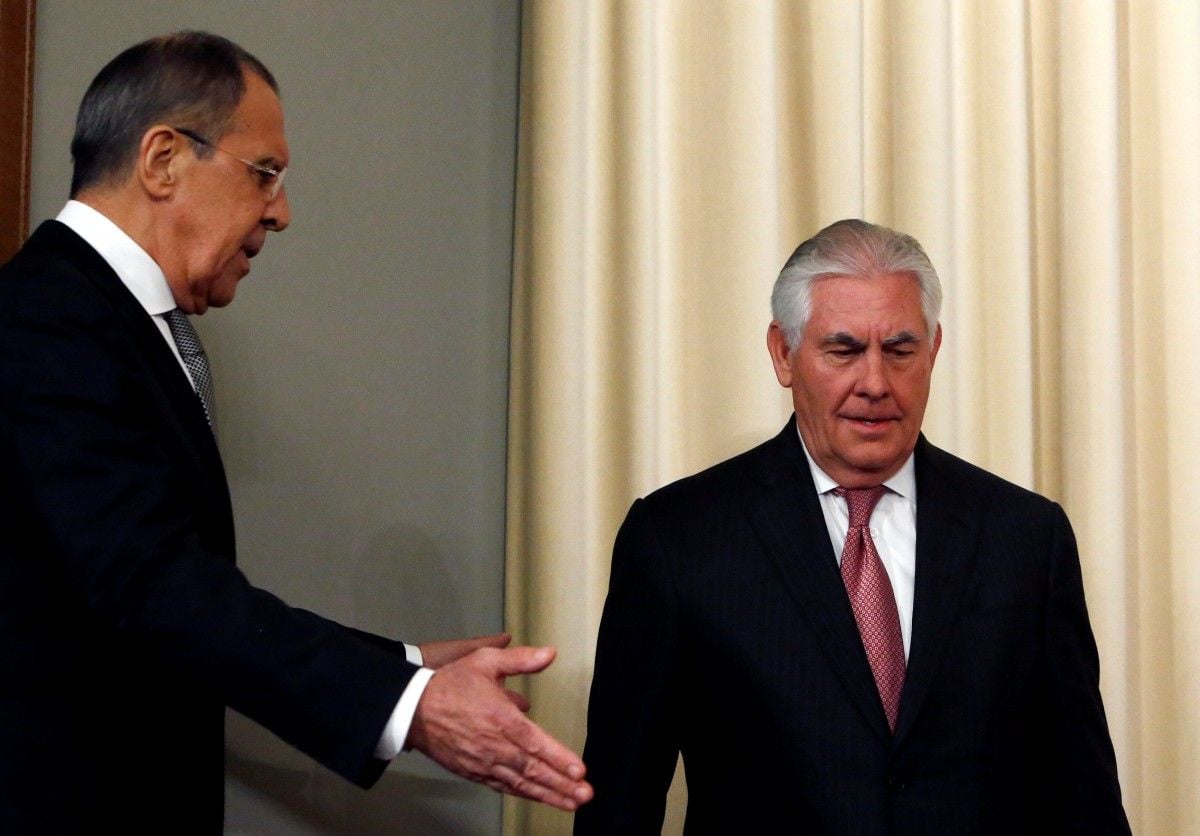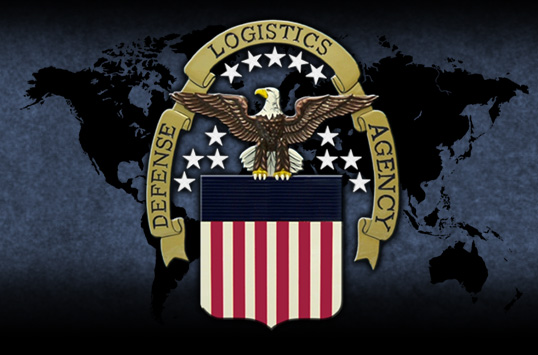China is bullying India, Australia and the United States to change the balance of power globally. Anyone paying attention?
Related reading: Indian Ocean Geopolitical Contest in the Spotlight
Maldives crisis: China sends a naval task force to muscle India, Australia out of power game
CHINA is muscling its way into Australia’s backyard. With an island paradise deep in crisis, the superpower sees a chance.
CHINESE warships have entered the Indian Ocean, marking a significant shift in regional power. They’re there to keep India away from Beijing’s interests in the strife-torn Maldive Islands.
And their presence has implications for Australia.
Naval posturing is nothing new. Gunboat diplomacy has been a major player in great power games of thrones for centuries.
But it is odd for it to be played out so close to home.
A scattering of pristine coral islands in the Indian Ocean is becoming the next flash point between New Delhi and Beijing.
The Maldives islands are in the throes of a constitutional crisis.
The little democracy has traditionally been part of India’s “sphere of influence”. And the eastern Indian Ocean is, of course, of significant strategic importance to Australia.
But recently a new kid has arrived on the block.
And now Beijing’s grown enough confidence to let its presence be felt in the area’s affairs.
A naval force of at least one modern destroyer, a frigate, an amphibious assault ship and a support tanker entered the Indian Ocean last week. It is believed destined to linger off the scenic scatterings of coral, sand and palm trees.
International affairs analysts believe they’re there to stop India from intervening.
Beijing, after all, has big plans for these little islands. And it doesn’t want the locals getting in the way.
Blue skies. White sand. Clear water. The international tourist resorts of the Maldives have been sidelined by the archipelago’s strategic importance. Picture: AFPSource:AFP
TROUBLE IN PARADISE
These islands are unlikely to appear on anyone’s radar — unless you’re after an idyllic island paradise getaway.
But the Maldives have suddenly become the centre of a struggle for international influence.
It’s in the grip of a constitutional crisis.
Opposition leader Mohamed Nasheed recently dared to state that China was “buying up the Maldives” through President Abdulla Yameen. He highlighted the tiny nation was massively in debt to Beijing, and faced seizure of public assets — such as ports — to help pay it back.
It wasn’t long after this Yameen had key opposition figures arbitrarily arrested.
Then Yameen sprung a state of emergency on his people on February 5. It came as the Supreme Court ordered the opposition leaders be released as their arrests had been politically motivated.
So Yameen sent his security forces to arrest the Supreme Court’s judges.
Maldivian police detain a protester demanding the release of political prisoners during a protest in Male, Maldives. Picture: APSource:AP
This has Beijing bothered. It has invested big in a major port project there.
But it’s not the money it’s worried about.
Nor is it the potential collapse of a fragile democracy.
It has implications for its grand ‘One Belt, One Road’ infrastructure campaign. This is intended to vastly expand China’s economic network — and influence — through Asia, the Middle East and into Europe.
“Although traditionally within India’s strategic sphere, in recent years the Maldives has become unstable, impoverished and increasingly desperate,” says the Lowy Institute’s Dr David Brewster.
“Indeed, much of the nation could soon disappear beneath rising sea levels. We may soon see China’s ‘magical island-building ship’ pay a visit to the Indian Ocean.”
India has always been a roadblock in these plans. But now Beijing’s bypass via the Maldives may be in trouble.
Which is why it wants to New Delhi to keep out.
A screen capture of Chinese media footage showing the naval task force currently operating in the eastern Indian Ocean. It includes an amphibious assault ship, a guided missile destroyer and frigate, and a supply ship. Picture: CCTV7Source:Supplied
BELT AND ROAD AMBITIONS
Every day, more than 40 million barrels of oil passes through the strategic “chokepoints” at either end of the Indian 0cean. This includes the Straits of Hormuz, the Gulf of Aden and the Malacca Strait.
All pass through the waters between the Maldives and Ceylon, to India’s south.
It’s a vital arterial supply line. Not least of all to Beijing.
Chinese media is boasting about its new naval presence in the Indian Ocean. It’s been proudly displaying photos and video of its modern ships refuelling and reprovisioning at sea on a mission that is certainly a long way from home.
It’s by no means the first time a Chinese task force has entered the Indian Ocean.
This time things may be different.
The Australian Strategic Policy Institute says Beijing’s infrastructure activity is part of a determined strategy to extend its influence across the Indian Ocean — at the expense of India.
“India has long been concerned about China’s growing maritime interest in the Indian Ocean region,” says ASPI executive director Peter Jennings. “Over the last decade the PLA-Navy has transited through the region many times to participate in UN and EU backed counter-piracy missions off the Horn of Africa. China has established its first overseas military base at Djibouti and is using the ‘One Belt One Road’ strategy to build extensive port infrastructure in Pakistan and Sri Lanka.”
In that context, the timing of this task force’s arrival in the eastern Indian Ocean is likely to be significant.
A Chinese Type 052D guided missile destroyer tests its antimissile gatling gun during a recent exercise. One of these potent warships is among Beijing’s task force in the eastern Indian Ocean. Picture: XinhuaSource:Supplied
“Sending warships to operate off the Maldives is a new and concerning development, because it shows that China is trying to exercise influence over a small state more usually within India’s strategic view. New Delhi will read this as a worrying move. It will intensify strategic competition and increase mistrust between China and India.”
Some international observers had been expecting New Delhi to send its own task force to exert influence over the tiny islands’ fate. Instead, it has taken a hands-off approach through an appeal to the United Nations. It wants help to help pressure Yameen into restoring democratic values.
So Beijing has stepped into the power vacuum with a task force of its own.
But does India have a strong enough presence to keep Beijing out of its own backyard?
The presence of four modern Chinese warships near the Maldive Islands has significant implications for the balance of power in the Indian Ocean. Picture: CCTV7Source:Supplied
OPTIONS OPEN
The chances of any clash between India and China are very low.
But the true impact of the Beijing’s warships is being felt in the corridors and back rooms of power throughout the region.
The warships give Beijing options. And status.
If things take a sudden turn for the worse in the Maldives, it can present itself as an international hero by quickly landing its troops in a “humanitarian intervention”.
It could lift its own citizens out of trouble — and those of other nations. It could impose in a “peace keeping” force to support the local political entity of its choice.
That such acts would irreparably damage India’s influence and status is an unspoken benefit.
It would also cement Beijing’s intimidating presence in what is a key “chokepoint” for its “belt” project.
The under-construction China Maldives Friendship Bridge is pictured near the city of Male. The international community has censured Maldives President Abdulla Yameen for imposing a state of emergency. Picture: AFPSource:AFP
If, however, the Maldives crisis does not worsen, the mere presence of Chinese warships acts as a deterrent to Indian intervention. It’s also a neon-sign of Beijing’s determination to wield its new-found influence worldwide.
The force Beijing appears to have deployed may seem small. But it is capable.
The Type 052D guided missile destroyer (Luyang-III class) is among its most modern combat ships. With a crew of 280 and weighing some 7500 tons, it carries a helicopter, land-attack cruise missiles, surface-to-air missiles, surface-to-surface missiles and anti-submarine missiles.
The Type 054A frigate (Jiangkai II) is one of more than 21 of these modern frigates deployed by Beijing. It is a stealthy design, intended primarily to supplement the air defence of a task force, though it also has some anti-surface and submarine capability.
The Type 071 amphibious transport dock is ideal for humanitarian relief — and landing forces of troops. It can carry a variety of amphibious assault vehicles and landing craft, along with two helicopters. But it also operates hospital and command-and-control facilities. It has accommodation for up to 800 troops.
It’s also backed-up by China’s 28th Anti-Piracy Task Force out of Africa. It’s believed to have wandered closer to the middle of the Indian Ocean in recent weeks.
Indian Navy personnel stand on the INS Vikramaditya, a modified Kiev-class aircraft carrier, similar to the aircraft carrier Liaoning operated by China. Picture: AFPSource:AFP
DEEP IMPLICATIONS
India has not been sitting idle. It has been modernising its own navy. Like China, it is one of just a few nations operating fixed-wing aircraft carriers.
Neither is currently operating near the Maldives.
But New Delhi has also just signed a deal with the Seychelles islands to establish a mid-Indian Ocean naval facility of its own.
“Despite these dramatic developments, the shape and future purpose of China’s naval presence in the Indian Ocean remains an open question,” Dr Brewster says. “We should not automatically assume that the Chinese navy intends to challenge the US Fifth Fleet, at least in the short term. China will remain at a big geographic disadvantage in the Indian Ocean.”
This is because it does not have the complex and extensive supply network that the other major international influence in the region — the US 5th Fleet — has.
But it’s working on it.
Royal Australian Navy ships HMAS Adelaide, Toowoomba and Darwin in formation as part of the Joint Task Group for Indo-Pacific Endeavour 2017. Picture: DefenceSource:Supplied
There’s also bound to be pushback.
“China’s move may reinforce a growing Indian interest to co-operate more closely with Australia,” Mr Jennings says.
“The idea of quadrilateral co-operation between India, Australia, Japan and the US — which was abandoned a decade ago because of worries it would be seen to contain China — is now firmly back on the agenda.
“It would be ironic if China’s rather amateurish attempts to build political influence in the Maldives led to enhanced co-operation between the democracies on Indian Ocean security.”














